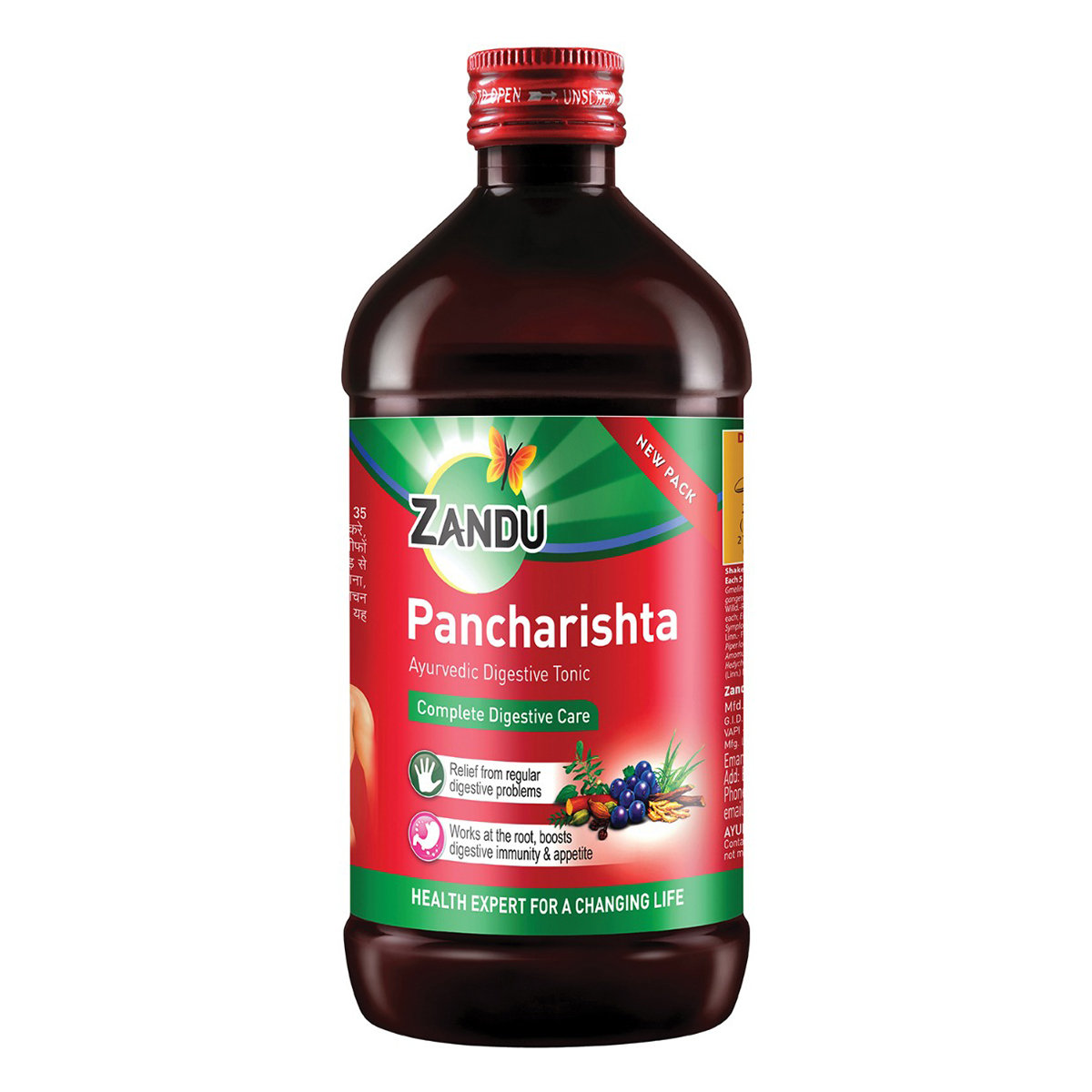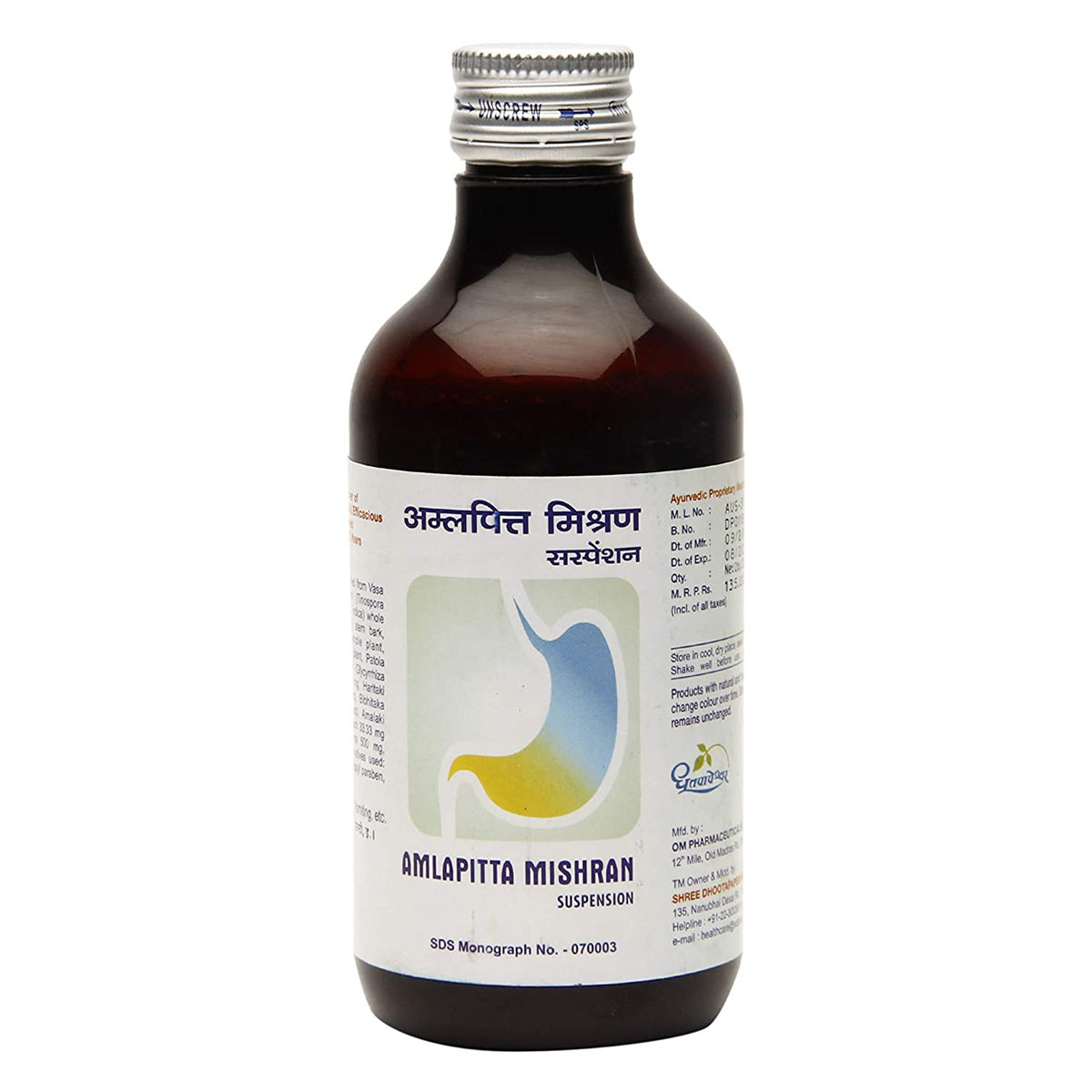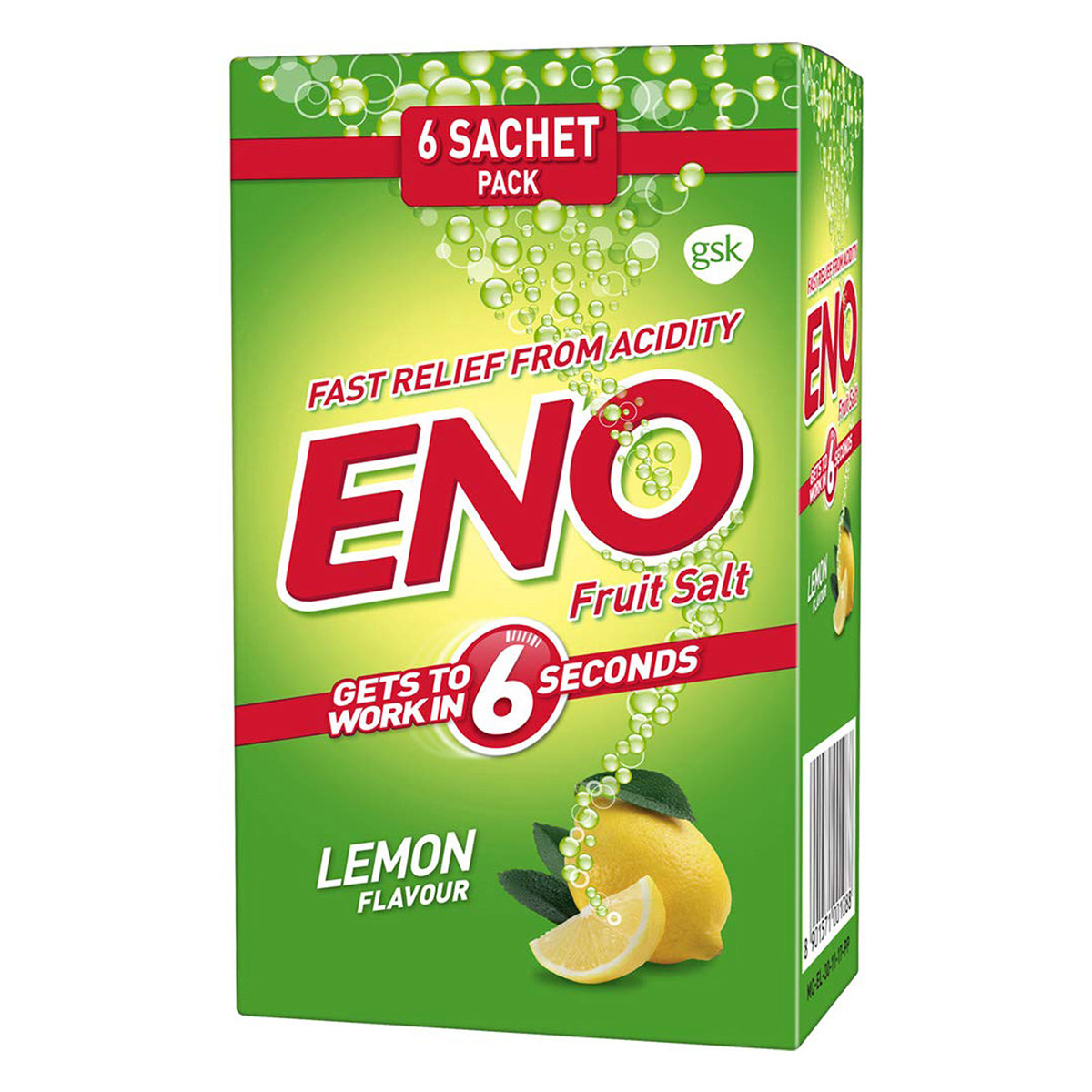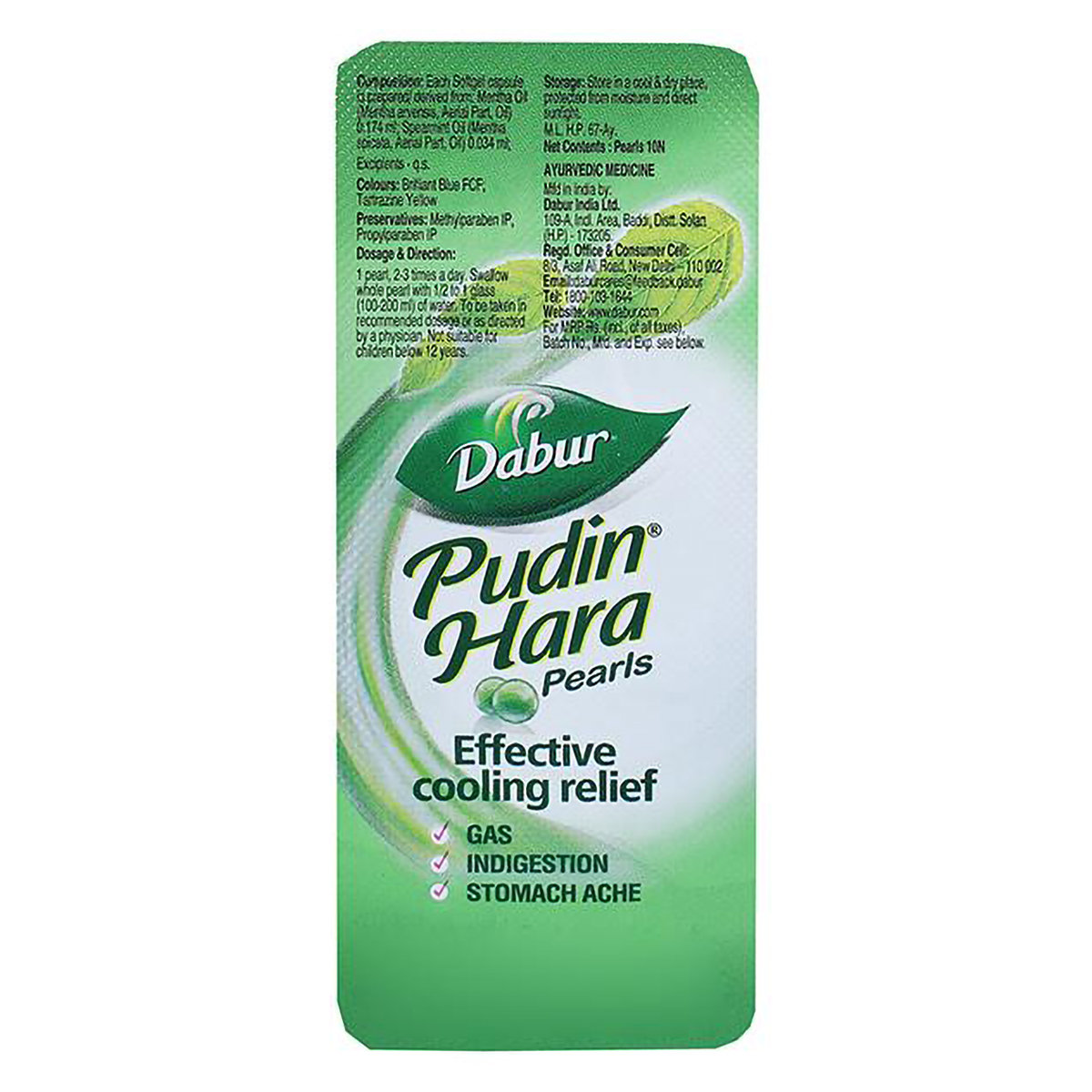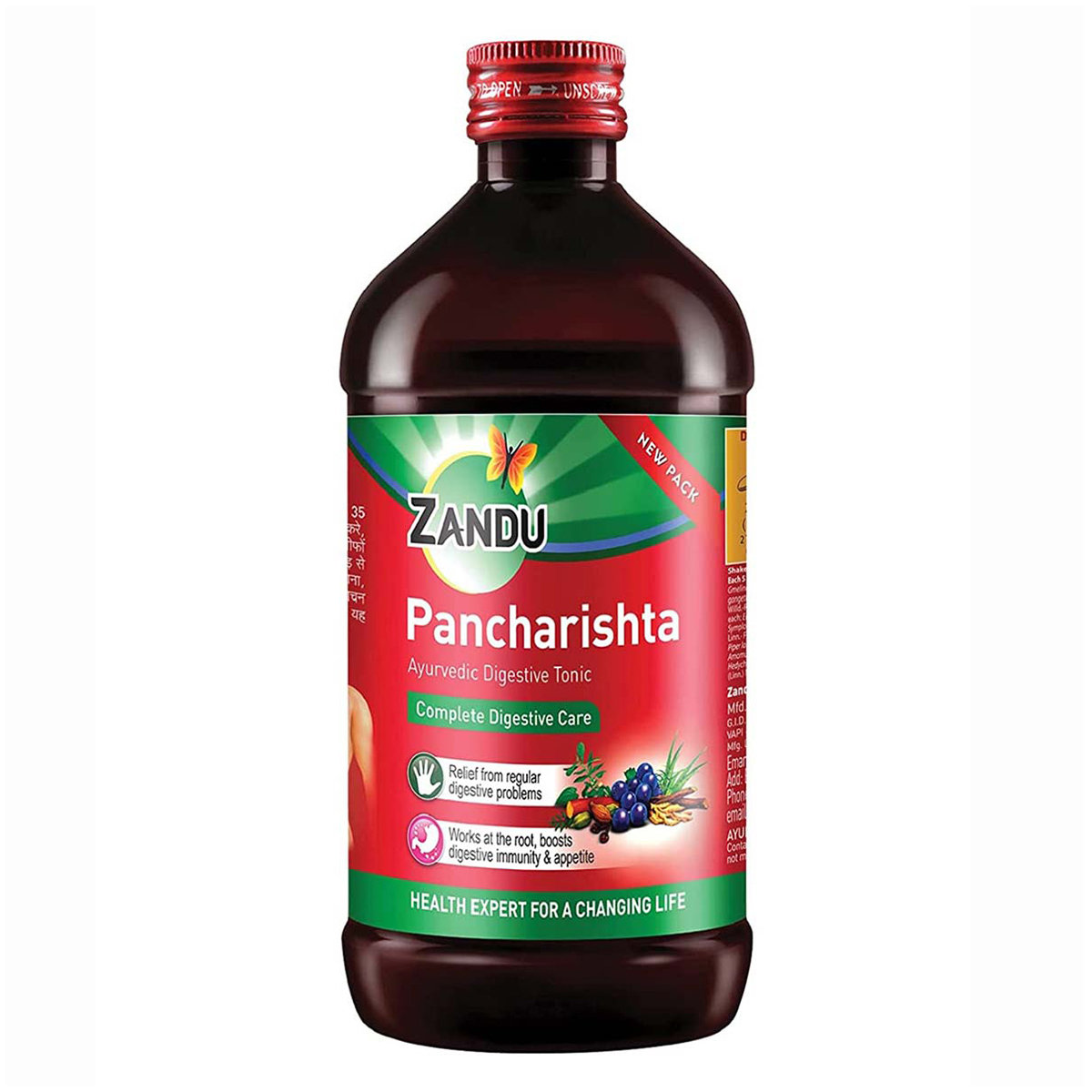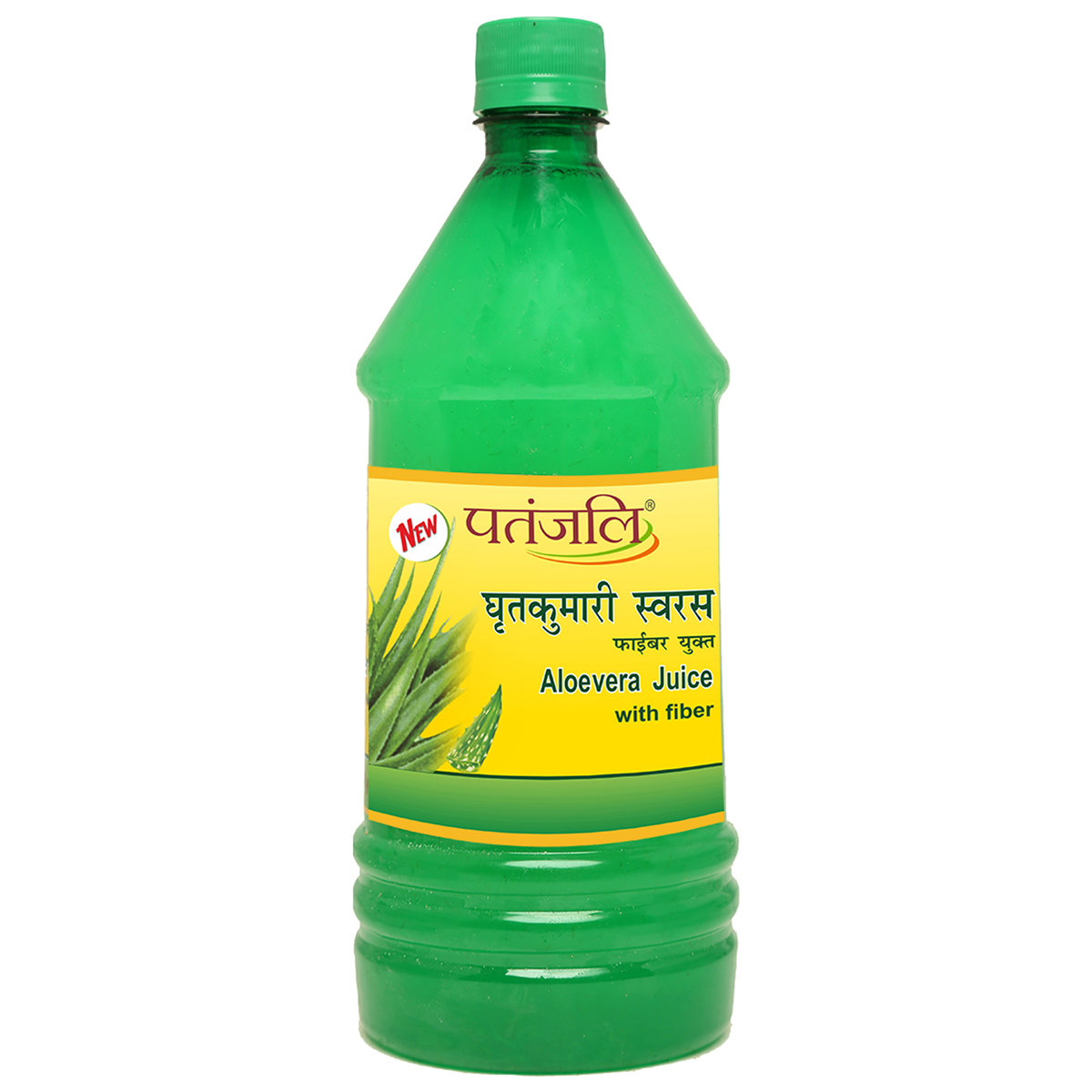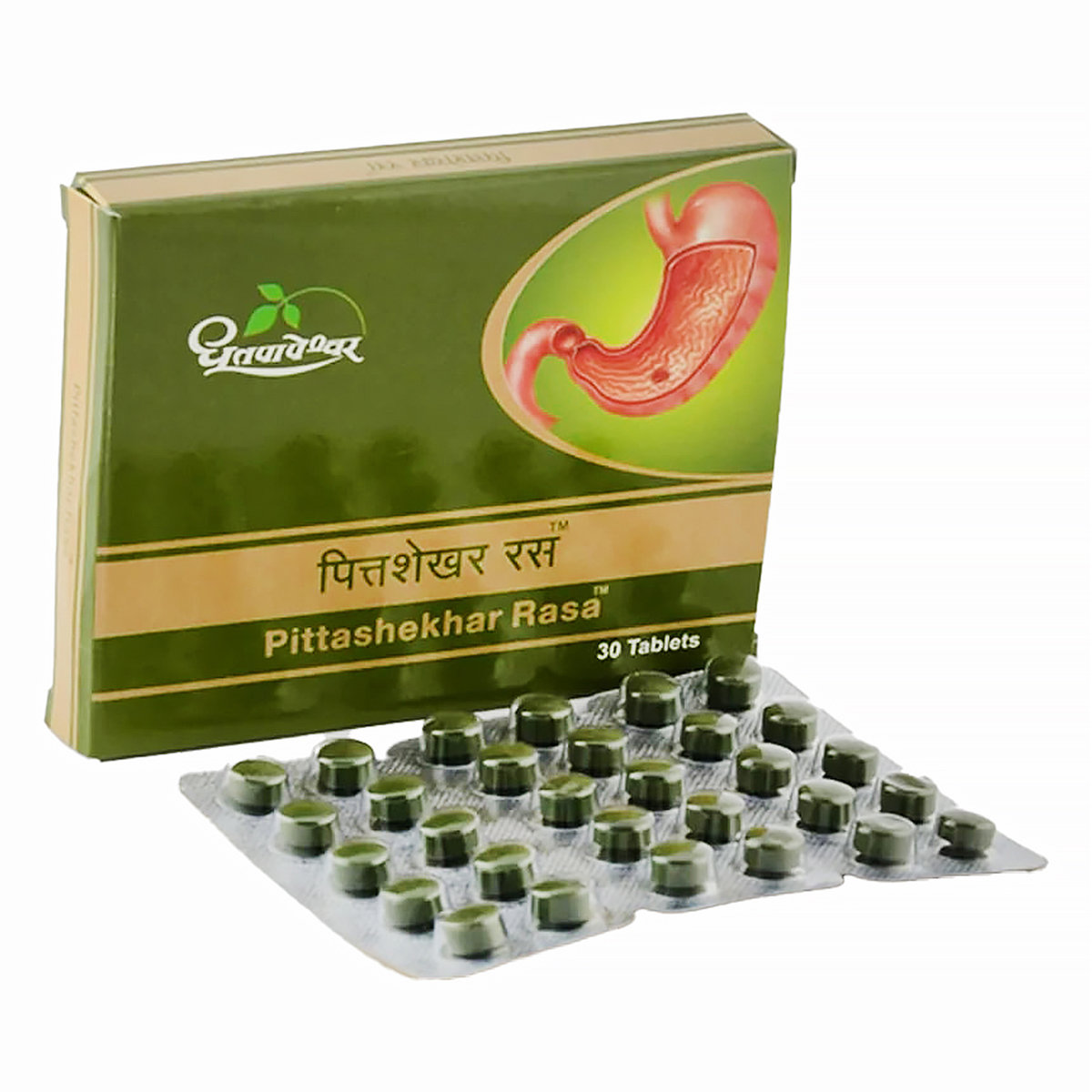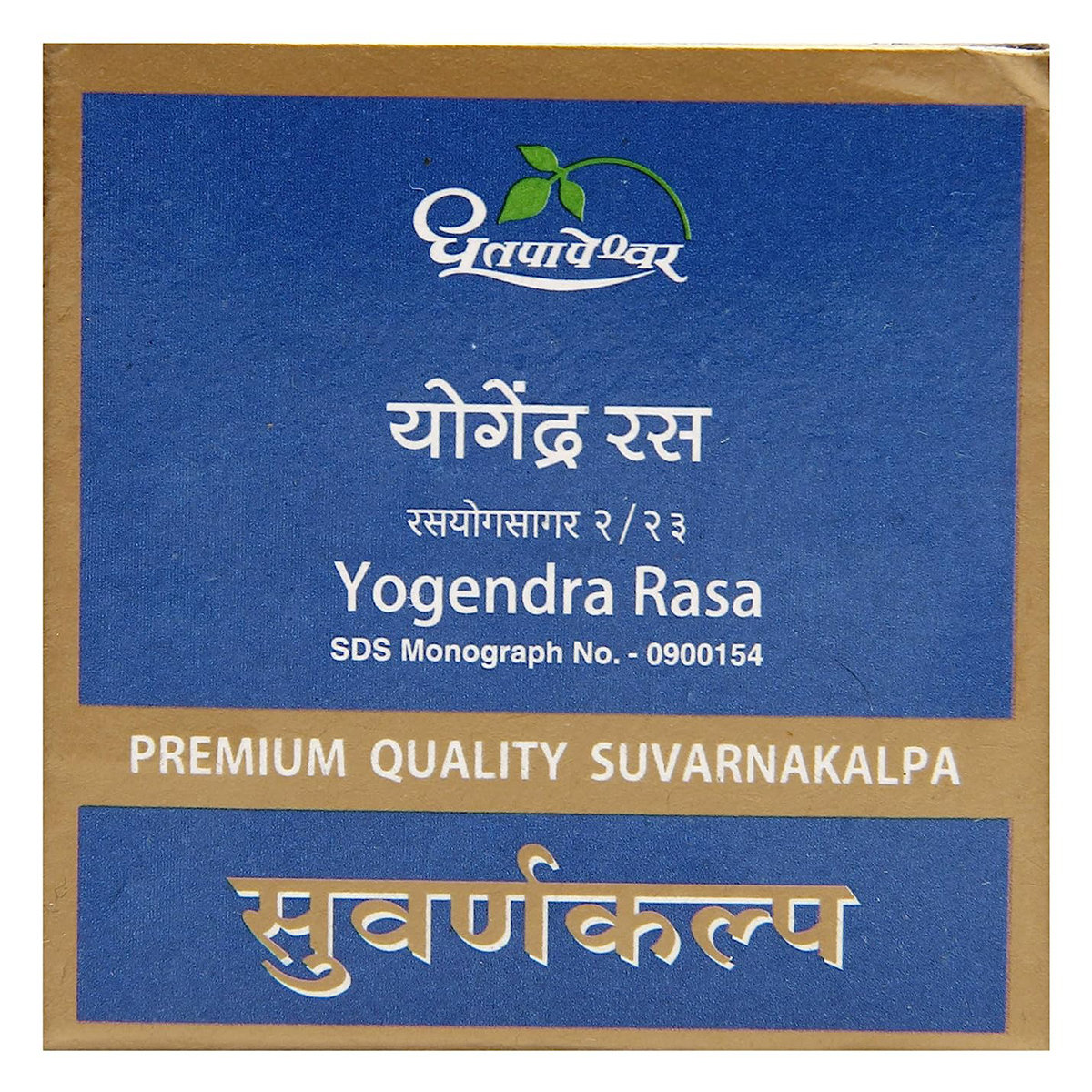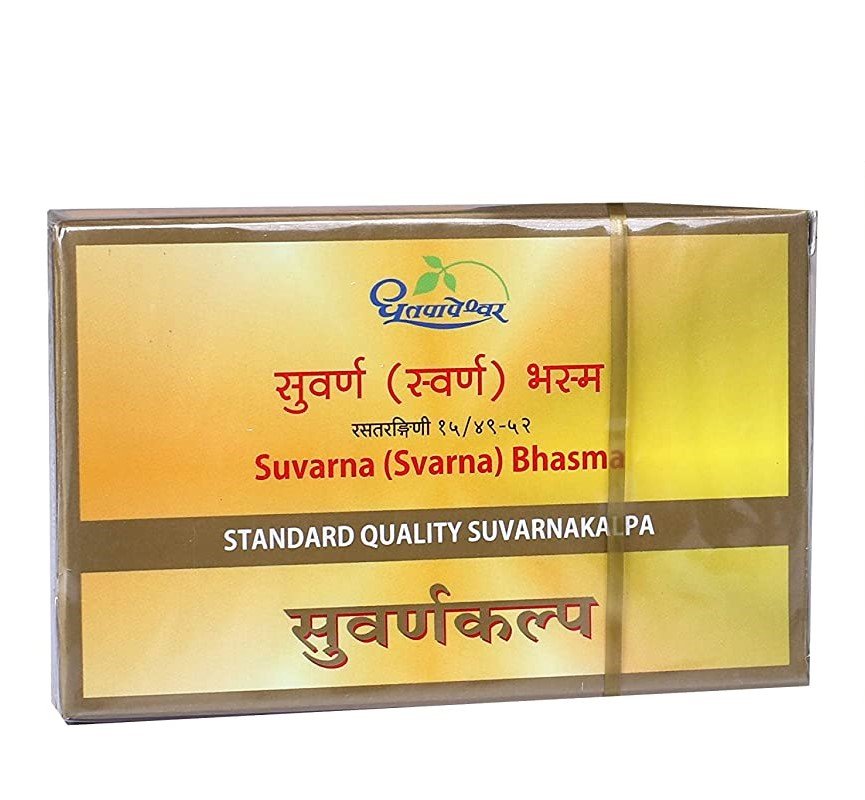Acinil O Syrup
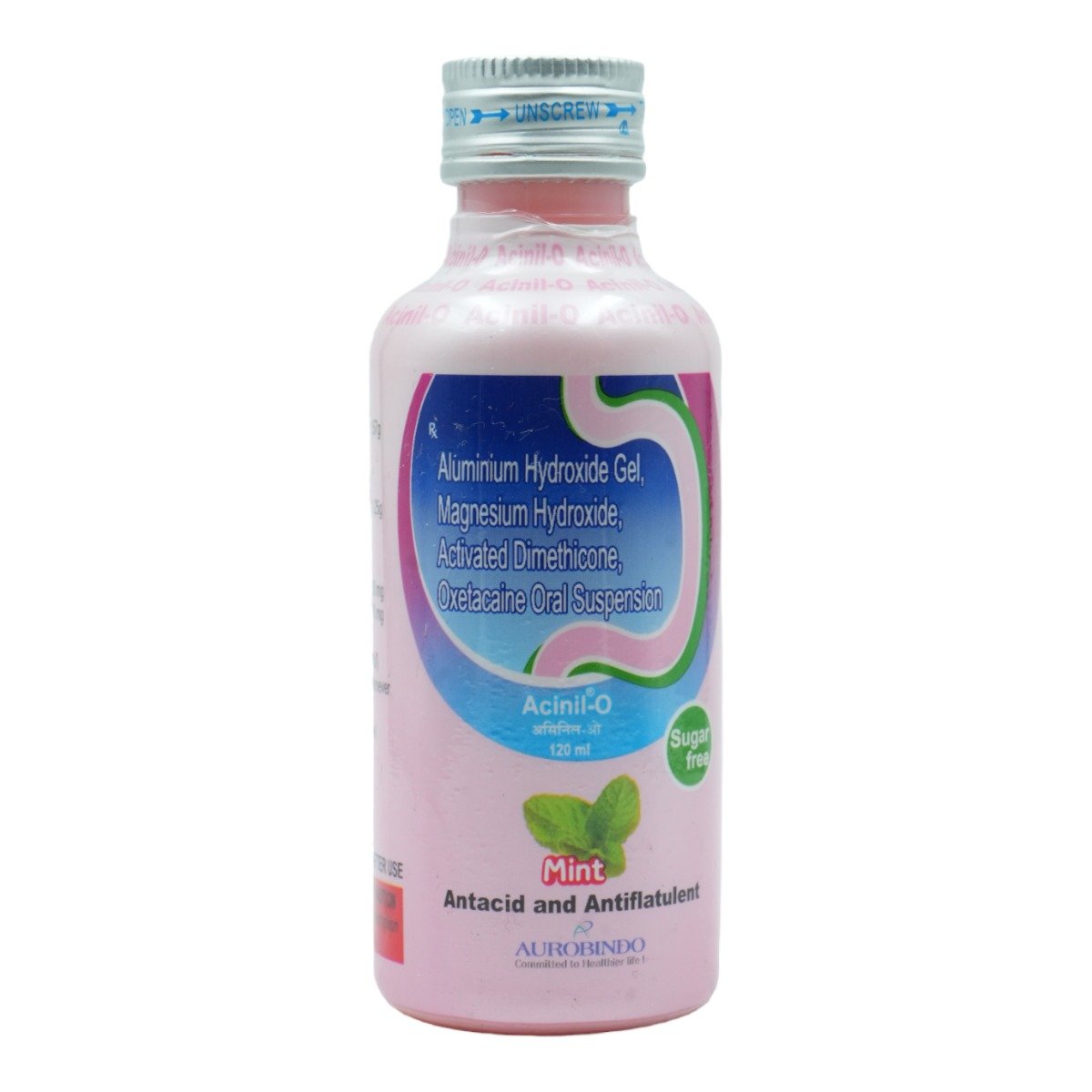
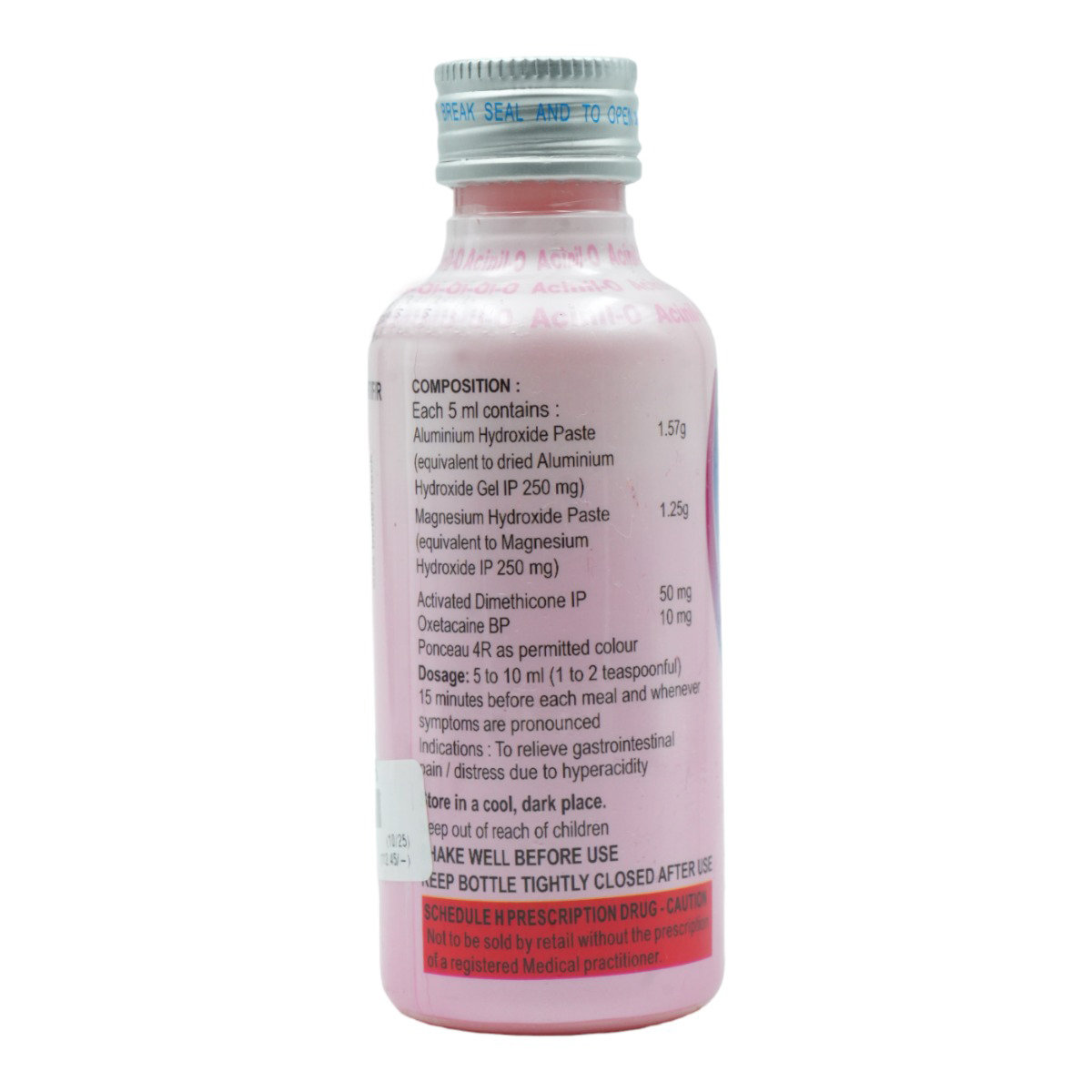
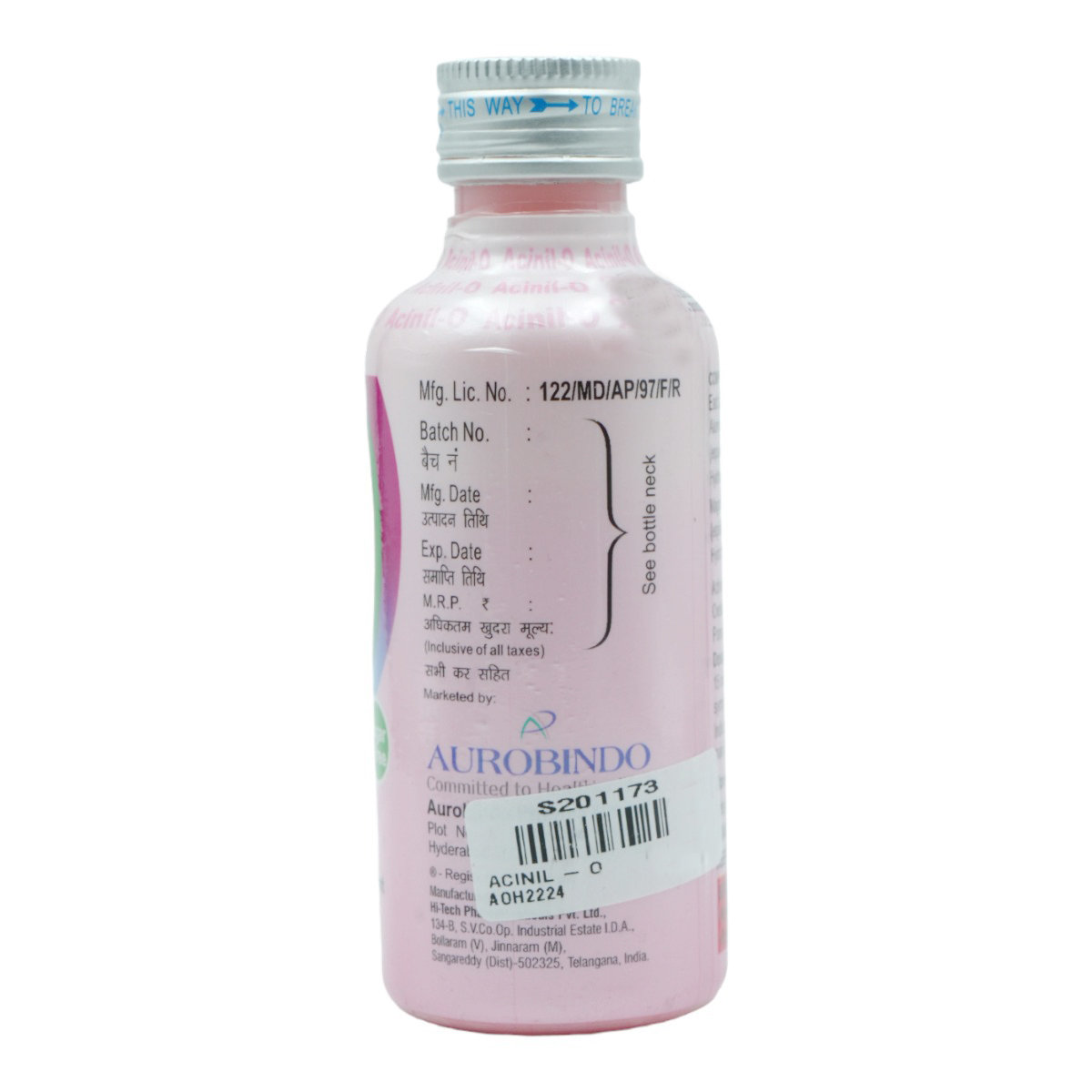
MRP ₹127
(Inclusive of all Taxes)
₹19.1 Cashback (15%)
know your delivery time
Provide Delivery Location
Manufacturer/Marketer :
Consume Type :
Expires on or after :
Return Policy :
Selected Pack Size:120 ml
120 ml ₹114.4
(₹0.95 per ml)
In Stock
200 ml ₹169.7
(₹0.85 per ml)
In Stock

Secure Payment

Trusted by 8 Crore Indians

Genuine Products
Therapeutic Class
Country of origin
Manufacturer/Marketer address
Author Details
We provide you with authentic, trustworthy and relevant information
FAQs
Disclaimer
Alcohol
Safe if prescribed
Avoid consumption of alcohol while taking Acinil O Syrup . Alcohol intake leads to increased production of stomach acid, thereby increasing acidity and heartburn.
Pregnancy
Consult your doctor
Please consult your doctor if you are pregnant. Your doctor will prescribe only if the benefits outweigh the risks.
Breast Feeding
Consult your doctor
Consult your doctor if you are breastfeeding; your doctor will decide whether Acinil O Syrup can be taken by breastfeeding mothers or not.
Driving
Safe if prescribed
Acinil O Syrup may cause dizziness and drowsiness. Do not drive or operate machinery unless you are alert.
Liver
Consult your doctor
Consult your doctor if you have a liver impairment or any concerns regarding this.
Kidney
Consult your doctor
Consult your doctor if you have kidney impairment or any concerns regarding this.
Children
Safe if prescribed
Acinil O Syrup is not recommended for children as the safety and effectiveness were not established.
Product Substitutes
Reference
- http://medicinesmanagement.doncasterccg.nhs.uk/wp-content/uploads/2016/02/Antacid-and-oxetacaine-oral-suspension-STH-Unlicensed-Medicines-Information-leaflet.pdf
- https://www.medicines.org.uk/emc/files/pil.2716.pdf
- https://www.drugs.com/cdi/aluminum-hydroxide-and-magnesium-hydroxide-suspension.html
- https://medlineplus.gov/druginfo/meds/a601013.html
- https://www.nhs.uk/medicines/simeticone/
About Acinil O Syrup
Acinil O Syrup belongs to a group of medicines called antacids used to treat acidity, heartburn, indigestion, gastritis (inflammation of the stomach), and stomach upset. The stomach is usually protected from the acid by a mucous layer. In some cases, due to excess acid production, the mucous layer gets eroded, which leads to complications like acidity and heartburn.
Acinil O Syrup contains dried aluminium hydroxide, magnesium hydroxide, activated dimethicone, and oxetacaine. Dried aluminium hydroxide and magnesium hydroxide work by neutralising excess stomach acid. Activated dimethicone works by decreasing the surface tension of gas bubbles, thereby facilitating the expulsion of gas through flatus or belching (burping). Oxetacaine exerts a numbing effect, thereby providing relief from pain due to ulcers or acidic injury in the stomach.
You are advised to take Acinil O Syrup for as long as your doctor has prescribed it for you, depending on your medical condition. In some cases, you may experience certain common side effects, such as constipation, diarrhoea, loss of appetite, and tiredness. Most of these side effects do not require medical attention and will resolve gradually over time. However, you are advised to talk to your doctor if the side effects persist or worsen.
Inform your doctor if you have low phosphate levels, high magnesium levels, kidney or liver problems; or if you are taking antibiotics such as doxycycline, oxytetracycline, levofloxacin, or ciprofloxacin. Consult your doctor if you are pregnant or breastfeeding. Acinil O Syrup is not recommended for children as safety has not been established. Avoid consuming alcohol, as it could lead to increased acidity. Acinil O Syrup may cause dizziness and drowsiness; do not drive or operate machinery unless you are alert.
Uses of Acinil O Syrup
Medicinal Benefits Mweb
Key Benefits
Acinil O Syrup belongs to a group of medicines called antacids used to treat acidity, heartburn, indigestion, gastritis (inflammation of the stomach), and stomach upset. Acinil O Syrup is a combination of four drugs: Dried aluminium hydroxide (antacid), magnesium hydroxide (antacid), activated dimethicone (anti-flatulent) and oxetacaine (local anaesthetic). Dried aluminium hydroxide and magnesium hydroxide work by neutralising excess stomach acid. Activated dimethicone decreases the surface tension of gas bubbles, thereby facilitating gas expulsion through flatus or belching (burping). Oxetacaine exerts a numbing effect, relieving pain due to ulcers or acidic injury in the stomach. Thus, Acinil O Syrup helps provide relief from acidity-related issues.
Directions for Use
Side Effects of Acinil O Syrup
- Constipation
- Diarrhoea
- Loss of appetite
- Tiredness
Drug Warnings
Do not take Acinil O Syrup if you are allergic to any of its contents, debilitated (very weak); if you have severe stomach pain, or partially or fully blocked bowel. Inform your doctor if you have low phosphate levels, high magnesium levels, kidney or liver problems; if you are on a low-phosphate diet or if you are taking antibiotics. Consult your doctor if you are pregnant or breastfeeding. Acinil O Syrup is not recommended for children as safety has not been established. Avoid consuming alcohol along with Acinil O Syrup as it could lead to increased acidity. Acinil O Syrup may cause dizziness and drowsiness; do not drive or operate machinery unless you are alert.
Drug-Drug Interactions
Drug-Drug Interactions
Login/Sign Up
Co-administration of pazopanib with Acinil-O Syrup 120 ml can reduce the blood levels and effects of pazopanib.
How to manage the interaction:
Although there is an interaction between Pazopanib and Acinil-O Syrup 120 ml, they can be taken together if prescribed by a doctor. Do not discontinue any medications without consulting a doctor.
Coadministration of Eltrombopag and aluminum hydroxide may interfere with the absorption of eltrombopag and reduce its effectiveness.
How to manage the interaction:
Taking Eltrombopag with aluminum hydroxide is not recommended as it can possibly result in an interaction, but it can be taken if your doctor has advised it. Do not stop using any medications without first talking to your doctor.
The combined use of aluminum hydroxide with colecalciferol may increase the risk of toxicity.
How to manage the interaction:
Co-administration of Colecalciferol with Acinil-O Syrup 120 ml can possibly result in an interaction, but it can be taken if your doctor has advised it. If you're having any of these symptoms like bone pain, muscle weakness, anemia, seizures, or dementia, it's important to contact your doctor right away. Do not stop using any medications without a doctor's advice.
Taking dolutegravir with Acinil-O Syrup 120 ml can reduce the effectiveness of Dolutegravir.
How to manage the interaction:
Although taking Dolutegravir and Aluminum hydroxide together can possibly result in an interaction, they can be taken together if prescribed by your doctor. It is recommended to take dolutegravir at least two hours before or six hours after the Acinil-O Syrup 120 ml dose. Do not discontinue using any medications without consulting a doctor.
Coadministration of Gefitinib and Acinil-O Syrup 120 ml can reduce the levels of Gefitinib in the body. This can lead to reduced treatment outcomes.
How to manage the interaction:
There may be a possibility of interaction between Gefitinib and Acinil-O Syrup 120 ml, but it can be taken if prescribed by a doctor. If you notice that your symptoms are getting worse or not improving, make sure to contact a doctor right away. Do not stop using any medications without talking to a doctor.
Co-administration of Calcium citrate with Aluminum hydroxide may increase the effects of aluminum hydroxide, which could result in too high aluminum blood levels.
How to manage the interaction:
Although there is an interaction, calcium citrate can be used with aluminum hydroxide if prescribed by the doctor. However, maintain a gap of 2-3 hours between both medicines. Do not discontinue the medication without a doctor's advice.
Co-administration of Acinil-O Syrup 120 ml and Sodium citrate may increase aluminum levels and risk of side effects.
How to manage the interaction:
Although there is a possible interaction between Sodium citrate and Acinil-O Syrup 120 ml, you can take these medicines together if prescribed by your doctor. However, if you experience symptoms like severe stomach pain, constipation, loss of appetite, pain when you urinate, muscle weakness, tiredness nausea, vomiting, and diarrhea contact your doctor immediately. Do not discontinue any medications without first consulting your doctor.
Taking Potassium citrate with Acinil-O Syrup 120 ml can increase the levels of aluminum hydroxide, which may lead to side effects.
How to manage the interaction:
Co-administration of Potassium citrate and Acinil-O Syrup 120 ml may result in an interaction, it can be taken if prescribed by the doctor. However if you experience any symptoms, consult the doctor. It is advised to separate doses of aluminum hydroxide and potassium citrate by 2 to 3 hours. Do not discontinue any medication without consulting the doctor.
Taking gefitinib with Acinil-O Syrup 120 ml can reduce the effectiveness of gefitinib
How to manage the interaction:
Although taking Dolutegravir and Gefitinib together can possibly result in an interaction, they can be taken together if prescribed by your doctor. In case you experience any unusual side effects, consult a doctor. Do not discontinue using any medications without consulting a doctor.
Taking Acinil-O Syrup 120 ml and Patiromer calcium may reduce the effectiveness of patiromer calcium.
How to manage the interaction:
Although taking Acinil-O Syrup 120 ml and Patiromer calcium together can evidently cause an interaction, it can be taken if your doctor has suggested it. However, if you experience nausea, vomiting, lightheadedness, shaking of hands and legs, muscle twitching, numbness or tingling, prolonged muscle spasms, slowed breathing, irregular heartbeat, confusion contact a doctor. Do not discontinue any medications without consulting a doctor.
Drug-Food Interactions
Drug-Food Interactions
Login/Sign Up
Drug-Diseases Interactions
Drug-Diseases Interactions
Login/Sign Up
Drug-Drug Interactions Checker List
- ASPIRIN
- DOXYCYCLINE
- OXYTETRACYCLINE
- LEVOFLOXACIN
- CIPROFLOXACIN
- ALBUTEROL
- IPRATROPIUM
- GLIPIZIDE
- ASCORBIC ACID
- ERGOCALCIFEROL
- CHOLECALCIFEROL
Habit Forming
Diet & Lifestyle Advise
- Eat smaller meals more often.
- Avoid smoking and alcohol consumption. Alcohol intake leads to increased production of stomach acid, thereby increasing acidity and heartburn.
- Maintain a healthy weight by regular exercising.
- Avoid lying down after eating to prevent acid reflux.
- Avoid tight-fitting clothes as it might increase the pressure on the abdomen leading to acid reflux.
- Practise relaxation techniques and avoid stress by doing yoga or meditation.
- Avoid foods such as high-fat food, spicy food, chocolates, citrus fruits, pineapple, tomato, onion, garlic, tea and soda.
- Avoid sitting continuously, as it may trigger acidity. Take a break of 5 minutes every hour by brisk walking or stretching.
All Substitutes & Brand Comparisons
RX
Nubase Syrup 200 ml
Biomiicron Pharma India Pvt Ltd
₹185.5
(₹0.84/ 1ml)
11% CHEAPER

Have a query?
Buy best Gastro Enterology products by
Abbott India Ltd
Sun Pharmaceutical Industries Ltd
Alkem Laboratories Ltd
Cipla Ltd
Torrent Pharmaceuticals Ltd
Intas Pharmaceuticals Ltd
Mankind Pharma Pvt Ltd
Lupin Ltd
Dr Reddy's Laboratories Ltd
Aristo Pharmaceuticals Pvt Ltd
Alembic Pharmaceuticals Ltd
Wallace Pharmaceuticals Pvt Ltd
La Renon Healthcare Pvt Ltd
Leeford Healthcare Ltd
Macleods Pharmaceuticals Ltd
J B Chemicals & Pharmaceuticals Ltd
Zydus Healthcare Ltd
Micro Labs Ltd
Zydus Cadila
Fourrts India Laboratories Pvt Ltd
Morepen Laboratories Ltd
Zuventus Healthcare Ltd
FDC Ltd
Eris Life Sciences Ltd
Cadila Pharmaceuticals Ltd
Medishri Healthcare Pvt Ltd
Alniche Life Sciences Pvt Ltd
Medley Pharmaceuticals Ltd
Tas Med India Pvt Ltd
Signova Pharma
Tablets India Ltd
Elder Pharmaceuticals Ltd
Wockhardt Ltd
Emcure Pharmaceuticals Ltd
Sanatra Healthcare Ltd
Glenmark Pharmaceuticals Ltd
Blue Cross Laboratories Pvt Ltd
East West Pharma India Pvt Ltd
Hetero Drugs Ltd
Indoco Remedies Ltd
Vasu Organics Pvt Ltd
Biological E Ltd
Primus Remedies Pvt Ltd
Akumentis Healthcare Ltd
Corona Remedies Pvt Ltd
Pfizer Ltd
Albert David Ltd
DR Johns Lab Pharma Pvt Ltd
Ajanta Pharma Ltd
Cadila Healthcare Ltd
Ipca Laboratories Ltd
Ordain Health Care Global Pvt Ltd
Systopic Laboratories Pvt Ltd
Ozone Pharmaceuticals Ltd
Foregen Healthcare Ltd
Medgen Drugs And Laboratories Pvt Ltd
Panacea Biotec Ltd
Samarth Life Sciences Pvt Ltd
Shine Pharmaceuticals Ltd
Adonis Laboratories Pvt Ltd
Dey's Medical Stores (Mfg) Ltd
Eskag Pharma Pvt Ltd
Hetero Healthcare Pvt Ltd
Indchemie Health Specialities Pvt Ltd
Meyer Organics Pvt Ltd
RPG Life Sciences Ltd
Troikaa Pharmaceuticals Ltd
Biochem Pharmaceutical Industries Ltd
Shreya Life Sciences Pvt Ltd
Sinsan Pharmaceuticals Pvt Ltd
3M India Ltd
Chemo Healthcare Pvt Ltd
Levin Life Sciences Pvt Ltd
Meridian Enterprises Pvt Ltd
Overseas Health Care Pvt Ltd
Saf Fermion Ltd
Sanzyme Pvt Ltd
Steris Healthcare
USV Pvt Ltd
Seagull Pharmaceutical Pvt Ltd
Votary Laboratories (India) Ltd
Win Medicare Ltd
Yuventis Pharmaceuticals
Aar Ess Remedies Pvt Ltd
Caplet India Pvt Ltd
Piramal Enterprises Ltd
Sanofi India Ltd
Cnx Health Care Pvt Ltd
Galpha Laboratories Ltd
Intra Labs India Pvt Ltd
Kinesis Pharmaceuticals Pvt Ltd
Msn Laboratories Pvt Ltd
Olcare Laboratories Pvt Ltd
Rapross Pharmaceuticals Pvt Ltd
Ronyd Healthcare Pvt Ltd
Saffron Therapeutics Pvt Ltd
Solariz Healthcare Pvt Ltd
Syndicate Life Sciences Pvt Ltd
Aurz Pharmaceutical Pvt Ltd
Biophar Lifesciences Pvt Ltd
Frequently Bought Together
Customers Also Bought

_0.jpg?tr=q-85)




